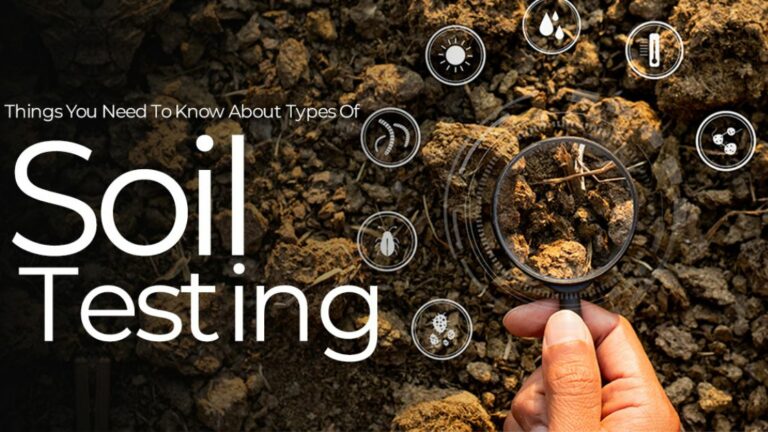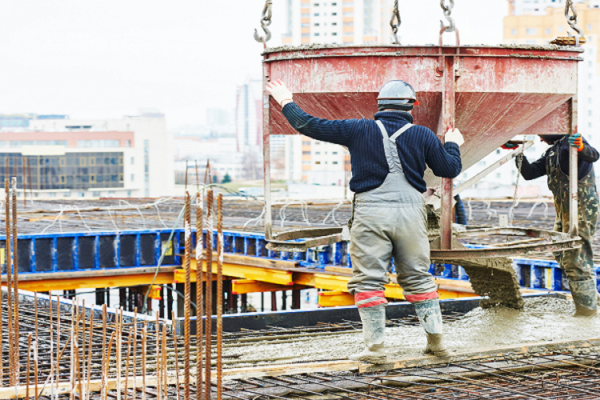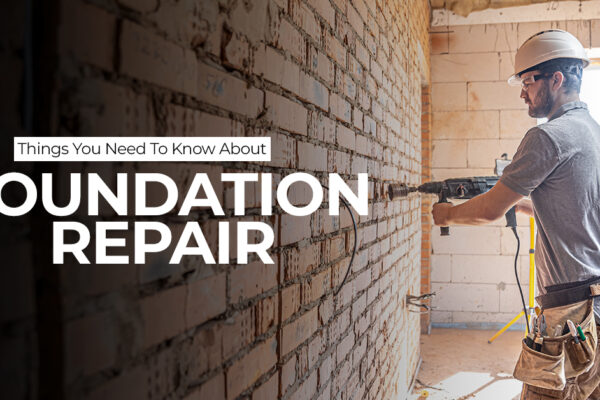The soil examination entitles the initial phase in the building planning procedure, aiming to assess the soil’s capacity for the intended construction endeavors. The blueprint for the foundation relies on the soil test report obtained from the construction site. The appropriate soil testing will deliver its ability to bear the structural loads to ensure optimal performance. However, objecting to conducting proper soil testing may result in potential damage or even collapse the entire building or structure. Hence, this blog from Sathvik, one of the best builders in Velachery, explains the essential things you need to know about types of soil testing during the pre-construction phase.
Soil Moisture Analysis:
The foremost step in soil testing includes soil moisture analysis, which is crucial for evaluating soil’s load-bearing capacity in construction projects. Moisture content, indicating the quantity of water in the soil, significantly influences building construction. The calculation involves dividing the weight of a damp soil sample by its weight after undergoing drying. Higher soil strength is associated with lower moisture levels. Various estimation methods are employed, including:
- Calcium Carbide Method
- Oven Drying Method
- Pycnometer Method
- Torsion Balance Method
- Radiation Method
- Sand Bath Method
- Alcohol Method
Among these, oven drying stands out as the most widely used and precise technique. A soil sample is collected, weighed, and dried at ±110 degrees Celsius in an oven. After 24 hours, the soil is retrieved and re-weighed, with the difference in weight representing the water or moisture content in the soil.
Specific Gravity Of Soil:
The specific gravity of the soil test provides insights into the density of soil particles. It is a crucial parameter for understanding soil compaction and permeability. The test involves comparing the weight of a given volume of soil to that of an equal volume of water. A higher specific gravity indicates denser soil, impacting construction stability and foundation design.
Dry Density Of Soil:
The dry density of soil test is essential for assessing soil compaction. It measures the mass of soil per unit volume after removing moisture. Achieving the optimum dry density is vital for ensuring the stability and durability of construction projects, as inadequate compaction can lead to settlement issues.
Atterberg Limits Tests:
Atterberg limits tests encompass a series of tests that determine the consistency and plasticity of soil. These tests include determining the liquid, plastic, and shrinkage limits. Understanding these limits is crucial for classifying soils and predicting their behavior under different moisture conditions. It aids civil contractors in Chennai, Bangalore, and many other places who make informed decisions about foundation design and construction methods.
Proctor’s Compaction Test:
Proctor’s compaction test is conducted to assess the compaction characteristics of soil. It involves compacting a soil sample at different moisture levels to determine the maximum dry density and optimum moisture content. This information is vital for achieving the desired level of compaction in earthwork projects, ensuring stability and minimizing settlement.
While it is essential to conduct soil testing before commencing construction, the standards can vary based on the specific soil characteristics and the project requirements. The importance of soil tests is underscored by numerous governments worldwide that have legally mandated this process, approving construction plans upon receiving a comprehensive soil test report. Approach Sathvik, one of the best individual home construction builders in Chennai, to make informed decisions and implement appropriate measures to address potential challenges associated with soil quality, ensuring a secure and enduring future.








